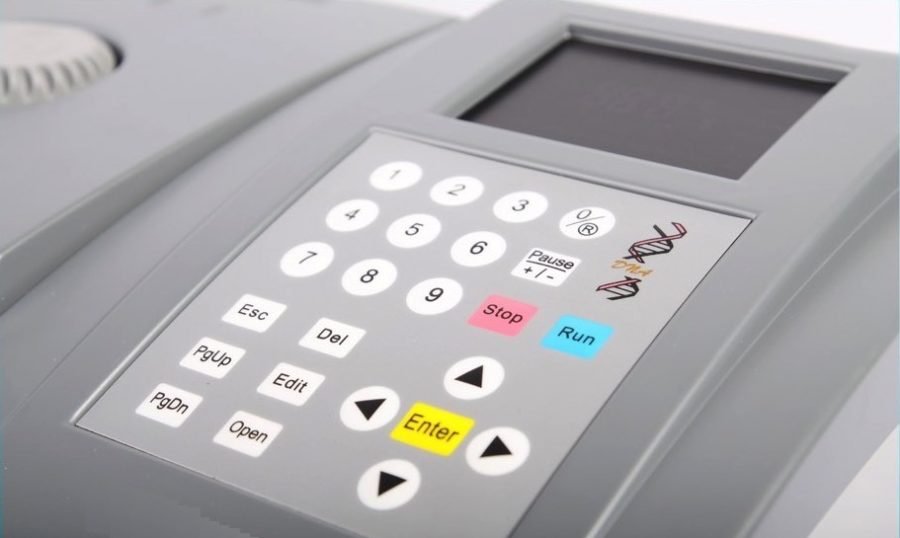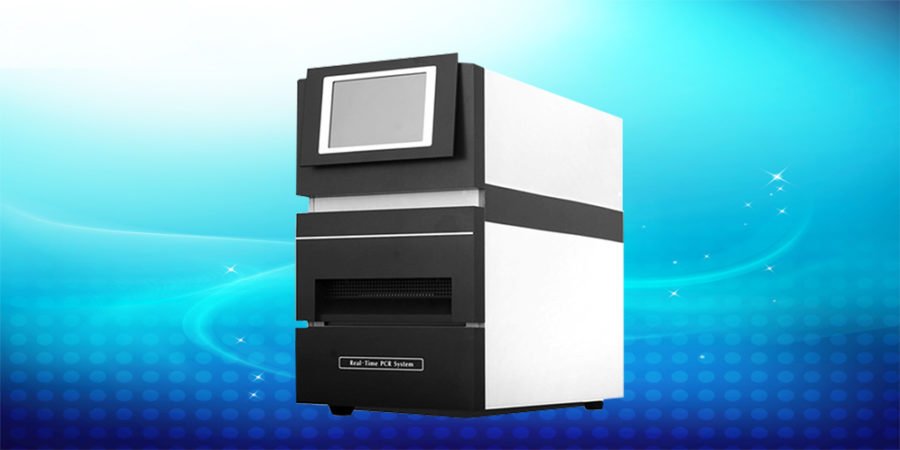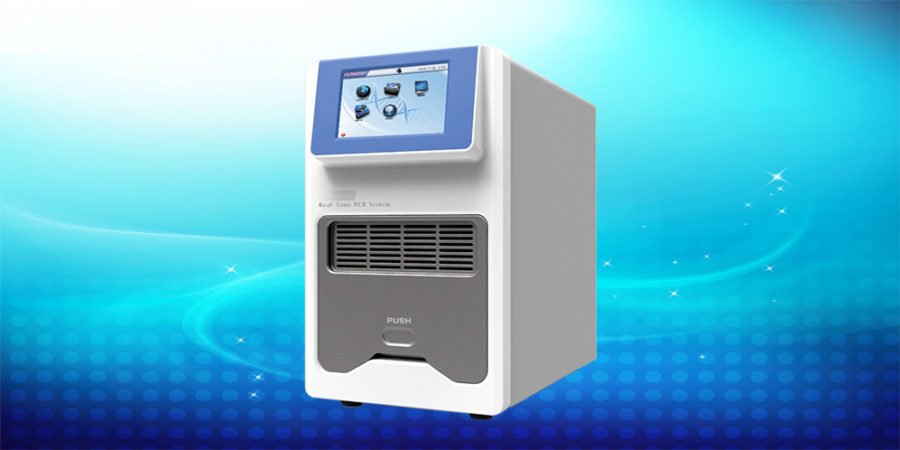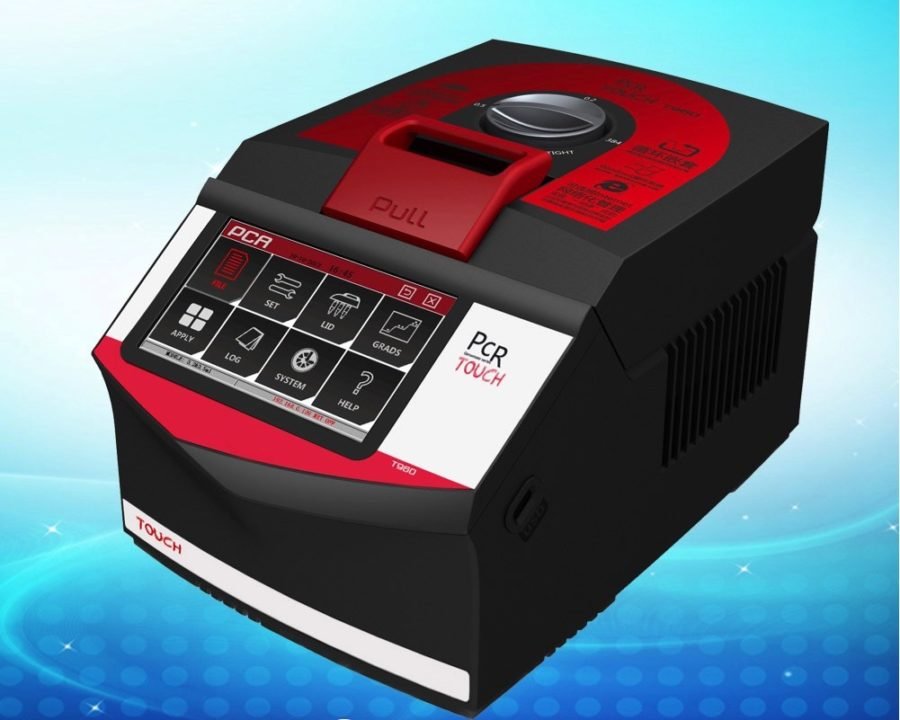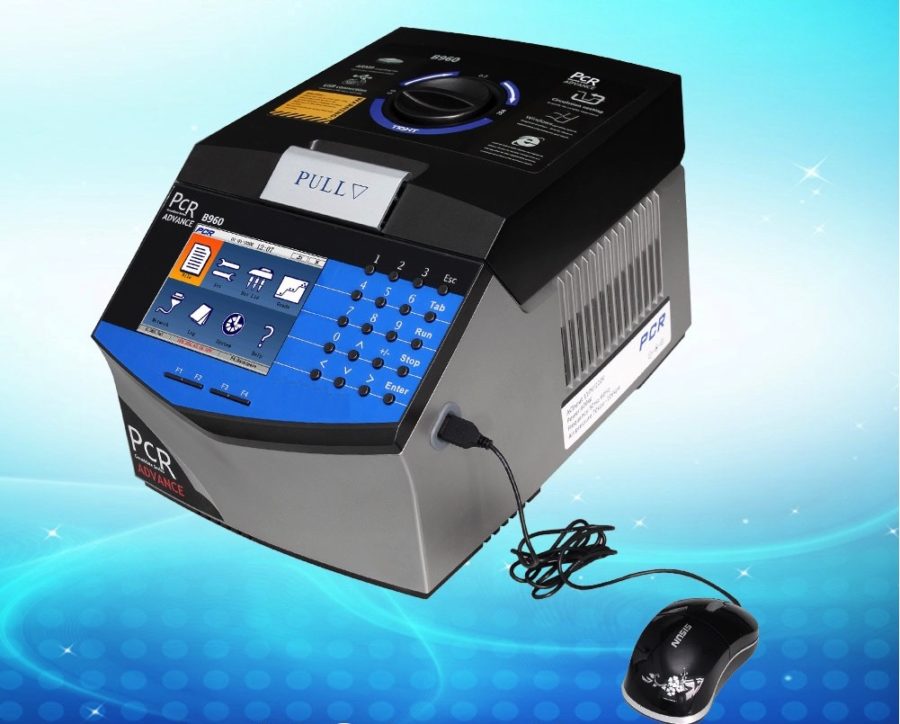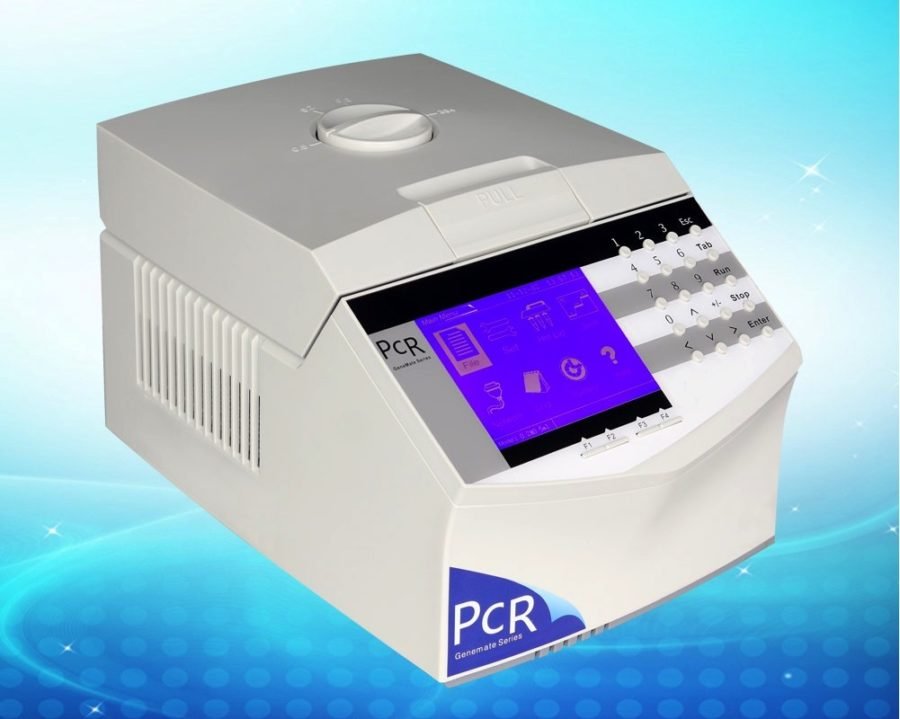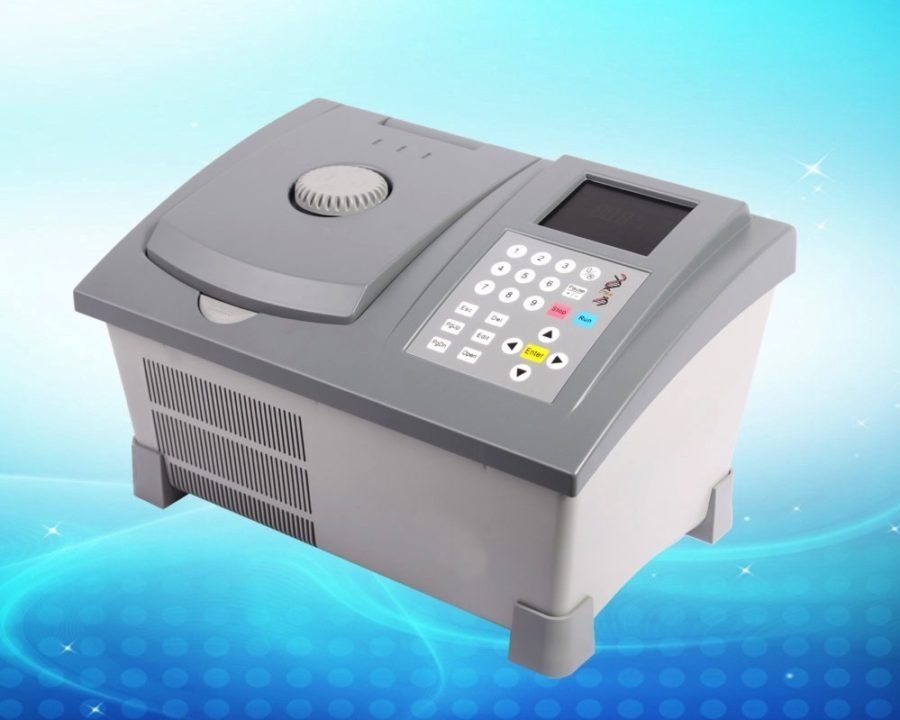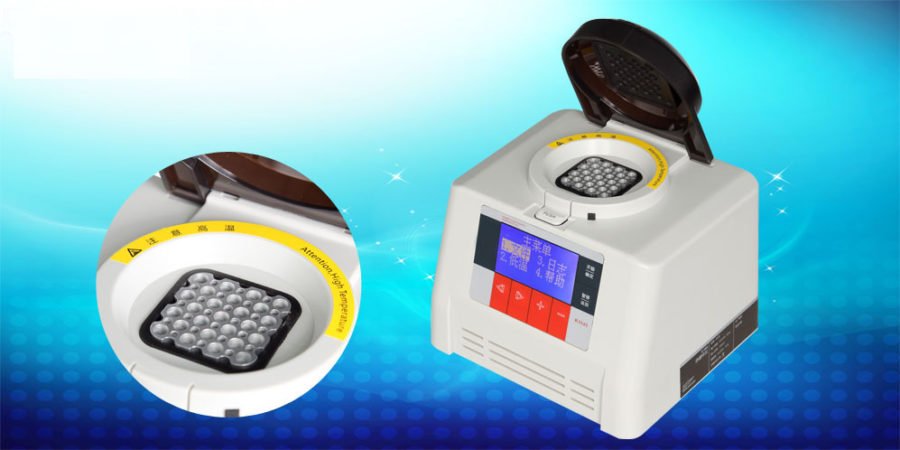PCR
Showing all 7 results
Showing all 7 results
Polymerase chain reaction (PCR) is a laboratory technique used to amplify specific segments of DNA. It is a simple, efficient, and highly sensitive method that can produce millions or billions of copies of a particular DNA sequence from a small amount of starting material. PCR has revolutionized molecular biology and has many applications in research, clinical diagnosis, forensic science, and biotechnology.
Polymerase chain reaction (PCR) is a common laboratory technique used to make millions / billioins of copies of a particular region of DNA. PCR relies on a thermostable DNA polymerase, Taq polymerase, and requires DNA primers designed specifically for the DNA region of interest.
The results of a PCR reaction are usually visualized (made visible) using gel electrophoresis.
The PCR process involves repeated cycles of heating and cooling a reaction mixture containing a DNA template, primers (short DNA sequences that bind to the target DNA sequence), nucleotides (the building blocks of DNA), and a special enzyme called DNA polymerase. During the heating step, the double-stranded DNA template is denatured or separated into single strands. During the cooling step, the primers bind to the target DNA sequence. Then, the DNA polymerase enzyme extends the primers along the template strand, creating a complementary copy of the target DNA sequence. This process is repeated for multiple cycles, resulting in exponential amplification of the target DNA.
PCR has many applications, including:
- Gene expression analysis: PCR can be used to measure the levels of gene expression in cells or tissues.
- DNA sequencing: PCR is often used to amplify specific regions of DNA for sequencing.
- Genetic testing: PCR can be used to detect specific mutations or variations in DNA that may be associated with genetic disorders.
- Infectious disease diagnosis: PCR can be used to detect the presence of viral or bacterial DNA in clinical samples, such as blood, urine, or saliva.
- Forensic analysis: PCR can be used to analyze DNA from crime scenes or other forensic samples.
Bioimager offers several models of PCR analyzers which are portable, smart and graduient thermal cycler and real-time at high quality and low cost.
Overall, PCR is a powerful tool in molecular biology that has revolutionized the way researchers study DNA. Its high sensitivity, specificity, and ease of use have made it an essential technique in many areas of research and medicine.

